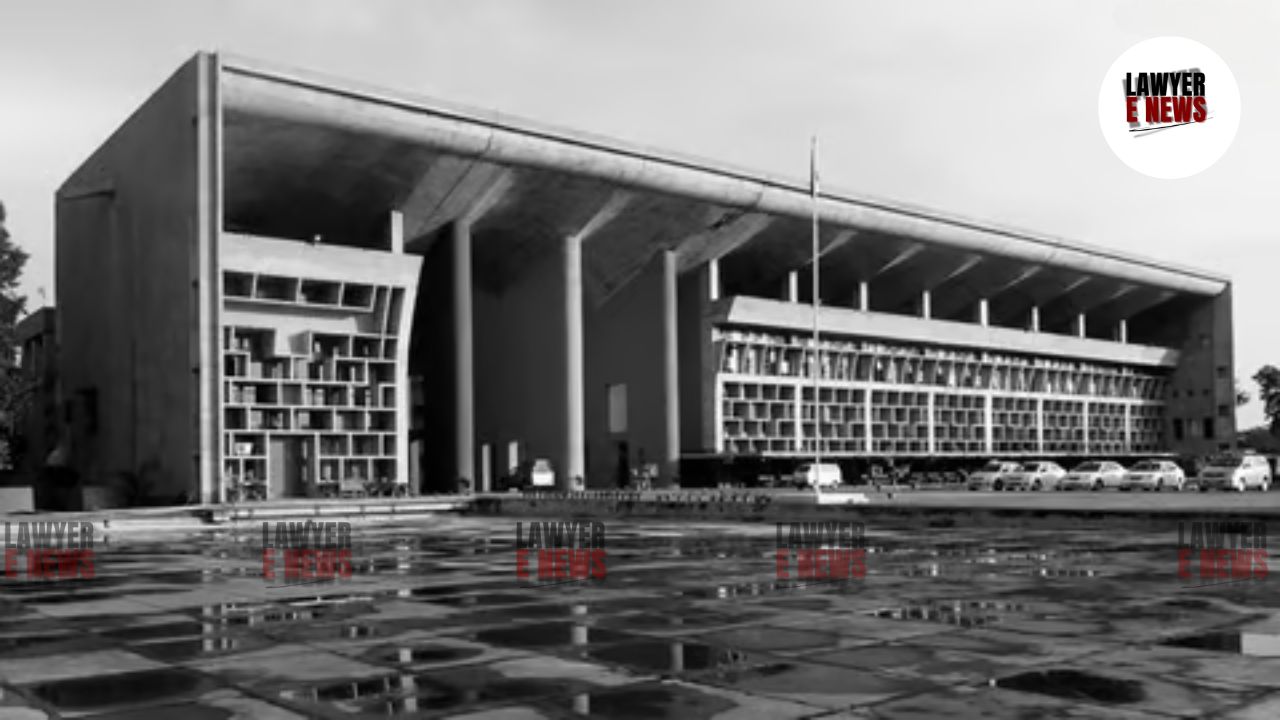-
by Admin
15 February 2026 5:35 AM



High Court underscores the paramountcy of life and liberty, instructs authorities to assess threat perception to the couple. the Punjab & Haryana High Court has ruled in favor of protecting a couple in a live-in relationship, despite one partner’s pending divorce. The judgment, delivered by Justice Jasjit Singh Bedi, reaffirms the right to life and liberty under Article 21 of the Indian Constitution, directing the police to assess and address any threats to the couple’s safety.
The petitioners, Harpreet Kaur and another individual, approached the High Court seeking protection for their life and liberty. Harpreet Kaur, who is currently in a live-in relationship with the second petitioner, has a pending divorce case filed against her husband, Amritpal Singh. The couple feared for their safety due to threats from their families, who disapproved of their relationship.
Justice Bedi highlighted the constitutional right to life and liberty, stating, “The protection of life and liberty is a basic feature of the Constitution of India as emanating out of Article 21.” The Court emphasized that every individual, especially adults, has the right to live with a person of their choice, subject to the law.
The Court reiterated that while societal acceptance of live-in relationships is increasing, the legality of such relationships should not impede the protection of individuals involved. “The petitioners are entitled to the protection of their life and liberty even if they are living in a ‘Live in Relationship’,” noted Justice Bedi, referencing past judgments where protection was granted to similar couples.
The judgment referred to several precedents where the High Court had granted protection to couples in live-in relationships, even in cases where one party was married. Notably, the Court cited the cases of Pardeep Singh vs. State of Haryana and Paramjit Kaur vs. State of Punjab, where protection was afforded despite the couples not being divorced from their previous spouses.
Justice Bedi emphasized the role of the judiciary in protecting individual rights: “No citizen can be permitted to take law in his own hands in a country governed by Rule of Law.” He further added, “The right to life and liberty includes the right of an individual to full development of his/her potential in accordance with his/her choice and wish.”
This judgment by the Punjab & Haryana High Court underscores the judiciary’s commitment to upholding the fundamental rights enshrined in the Constitution, particularly the protection of life and liberty. By affirming the right to live with a person of one’s choice, the Court has sent a strong message about the importance of safeguarding individual freedoms against societal and familial pressures. This decision is likely to have significant implications for future cases involving live-in relationships and the protection of personal rights.
Date of Decision: 07 May 2024
